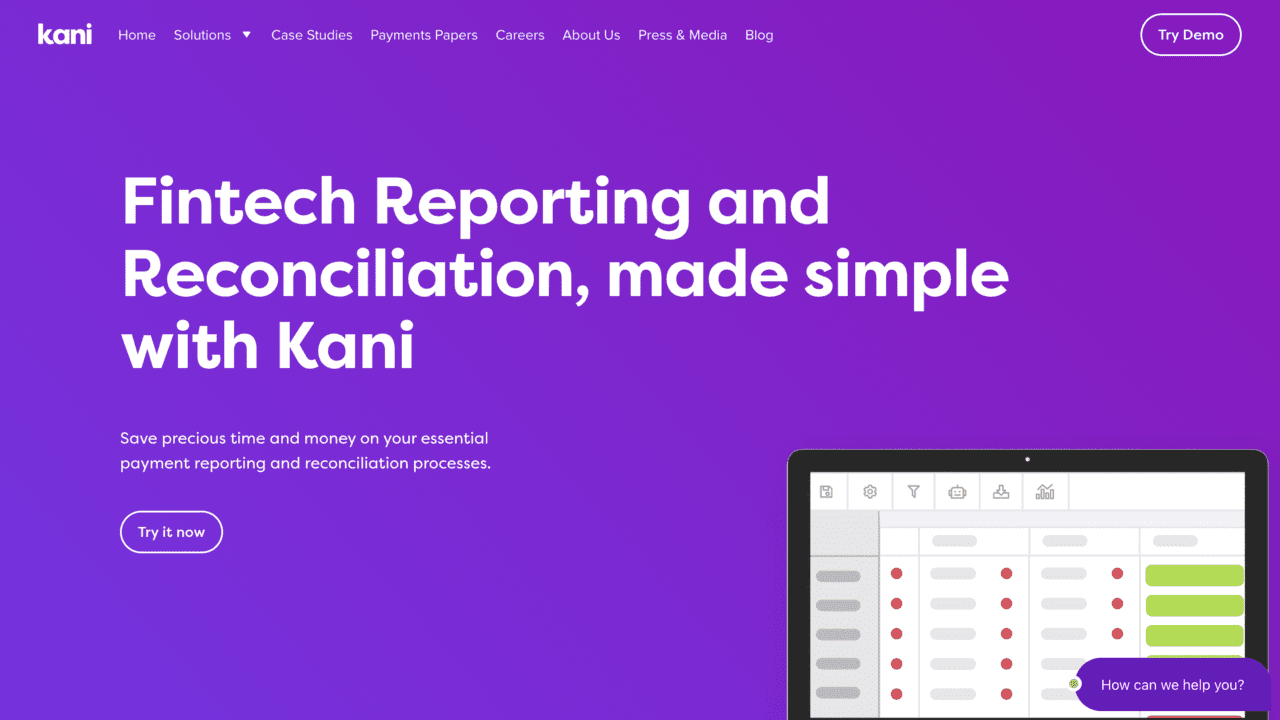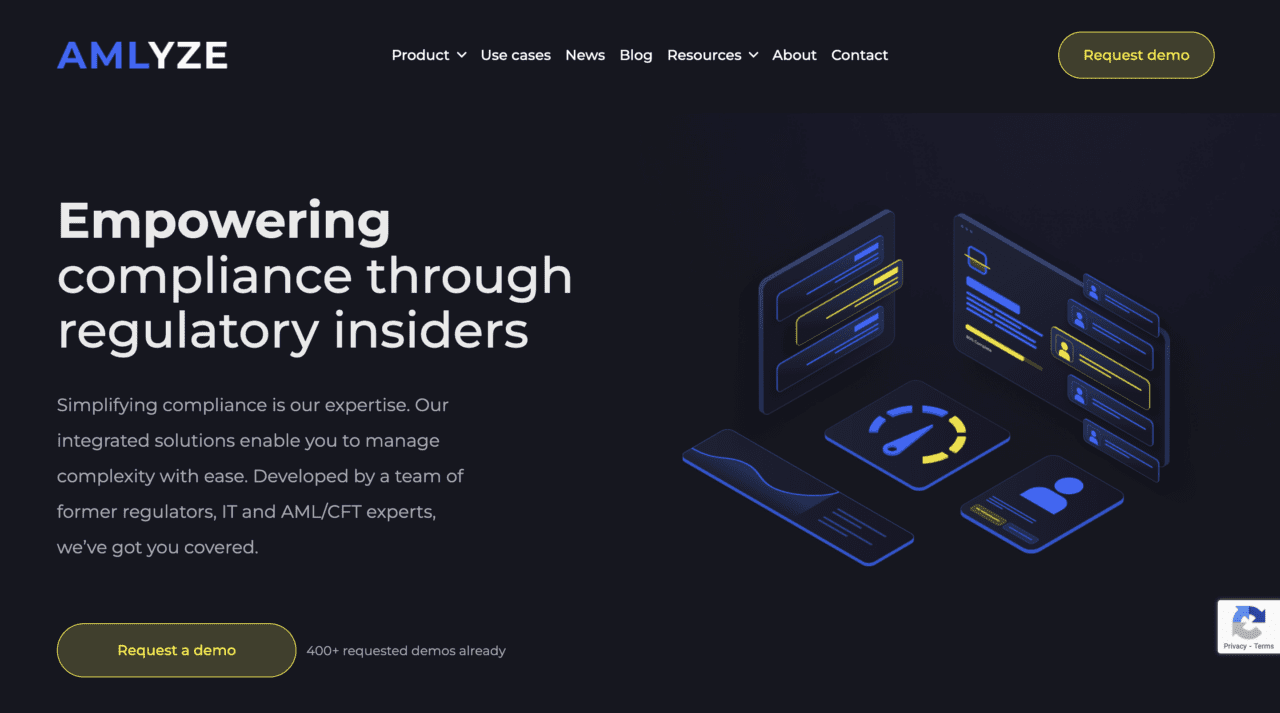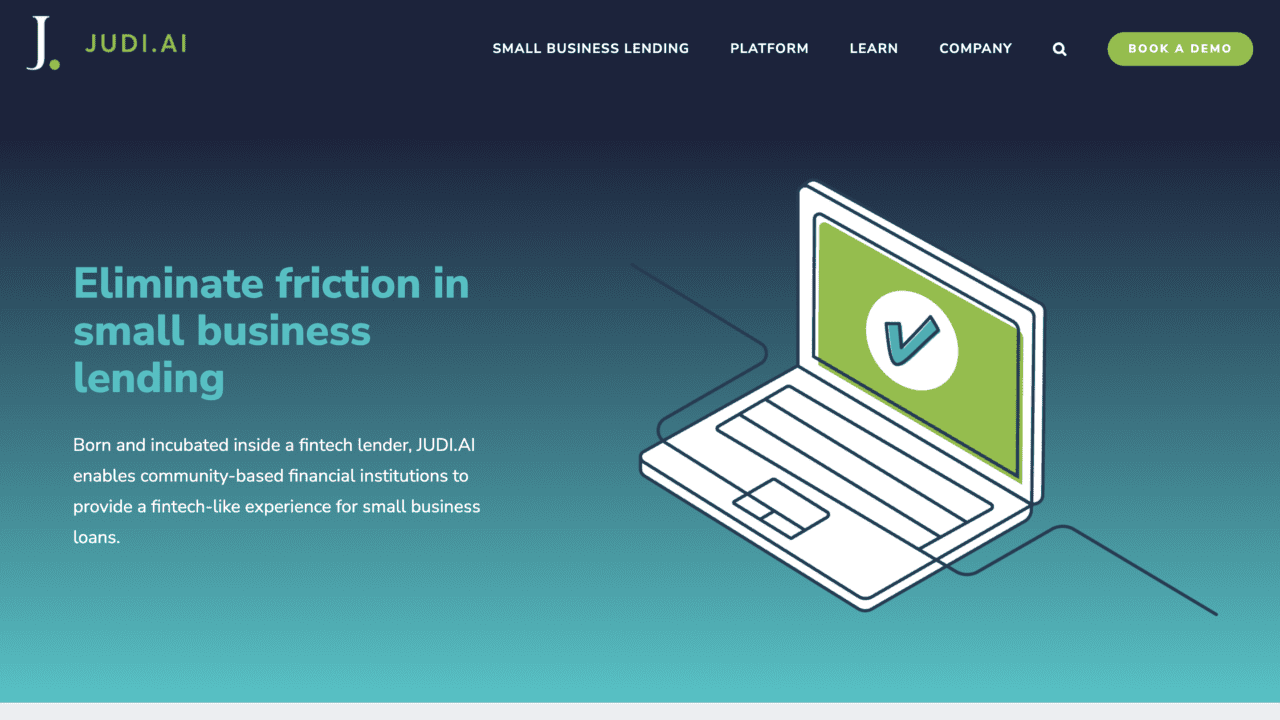
- FIS has partnered with online lending marketplace Lendio.
- Under the agreement, FIS will leverage Lendio’s technology to fuel its new Digital Lending solution.
- FIS’ Digital Lending tool aims to streamline and automate the lending process for financial institutions.
Payment, banking, and investment systems provider FIS has teamed up with online lending marketplace Lendio. The core banking giant is leveraging Lendio’s technology to launch its new SMB Digital Lending solution.
FIS’ new SMB Digital Lending solution seeks to offer small and medium-sized businesses (SMBs) easier access to capital by streamlining and automating the lending process for financial institutions. The new lending tool provides fully automated decisioning by combining big data and machine learning with underwriting expertise.
Leveraging Lendio’s technology, FIS’ Digital Lending solution will help banks source, underwrite, and fund SMB loans, making them more affordable for the borrower. By leveraging embedded transaction analytics, FIS’ Digital Lending will also offer lenders a holistic view of borrower health, pre-qualify SMB depositors, and help them create targeted marketing and sales campaigns.
“By partnering with Lendio, we are leveraging our unmatched scale and reach in the banking industry plus Lendio’s advanced small business underwriting technology and empowering financial institutions to profitably serve their small business customers,” said FIS Lending SVP Division Executive Steve Sabin. “The expansion of our digital banking capabilities illustrates FIS’ commitment to serving the entire money lifecycle—whether at rest, in motion, or at work—and I look forward to seeing the positive impact the solution brings.”
Adding a lending solution to its portfolio that focuses specifically on SMBs will complement FIS’ existing banking tools that cover both retail lending and commercial lending. FIS may be most well-known for its core banking services, but the firm also supports digital banking, payment processing, merchant acquiring services, consulting services, and more. Headquartered in Jacksonville, Florida, FIS has a current market capitalization of $42.8 billion.
“We are thrilled to partner with FIS, a global leader in financial technology, to help bring this SMB lending platform to banks across the country,” said Lendio CEO and Co-founder Brock Blake. “Our mission at Lendio is to fuel the dreams of small business owners by simplifying small business lending. FIS SMB Digital Lending is a perfect fit for that mission, as it enables banks to offer a fast, easy, and transparent loan process to their small business clients. Together with FIS, we are creating a win-win situation for banks and small businesses, and we look forward to expanding our reach and impact through this partnership.”
Lendio was founded in 2011, and has since helped to match small businesses seeking capital with suitable lenders. Businesses in need of funds can submit a single loan application to Lendio, tapping into its network of over 75 lenders. The platform then pairs each business with a suitable lender from the company’s in-house network.
Photo by Bench Accounting on Unsplash













